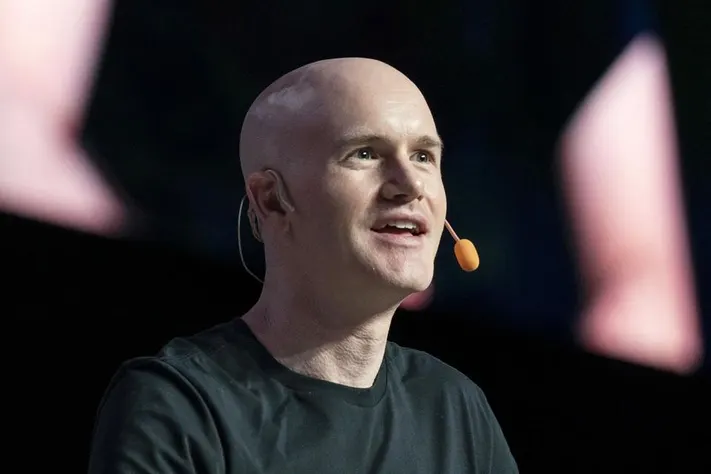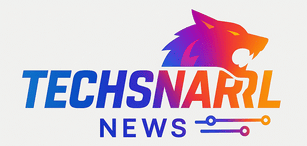
Coinbase CEO Brian Armstrong has made headlines for his uncompromising stance on technology, particularly around Coinbase AI adoption. In a recent podcast, he revealed that all engineers were required to use AI coding tools such as GitHub Copilot and Cursor, with the goal of generating 50% of new code through AI by the end of the quarter. While leadership initially projected months for full adoption, Armstrong accelerated the deadline. He gave engineers just one week to onboard with AI tools, warning that non-compliance would require an explanation in a weekend meeting.
Coinbase CEO Brian Armstrong has made headlines for his uncompromising stance on technology, particularly around Coinbase AI adoption. In a recent podcast, he revealed that all engineers were required to use AI coding tools such as GitHub Copilot and Cursor, with the goal of generating 50% of new code through AI by the end of the quarter. While leadership initially projected months for full adoption, Armstrong accelerated the deadline. He gave engineers just one week to onboard with AI tools, warning that non-compliance would require an explanation in a weekend meeting. Those who had no valid reasons for avoiding the tools were fired, sending a strong signal about the seriousness of Coinbase AI adoption. Armstrong said,
“I jumped on this call on Saturday and there were a couple people that had not done it. some of them had a good reason, because they were just getting back from some trip or something, and some of them didn’t. And they got fired.”
Though Armstrong admitted the approach was “heavy-handed,” he argued it was necessary to set the tone for the future of the company. To support the transition, Coinbase rolled out “AI speed run” sessions where employees could demonstrate innovative uses of AI and learn from one another. Armstrong stressed that Coinbase AI adoption is not just about speed or efficiency, but also about maintaining competitiveness in a rapidly changing tech industry. He emphasized that while AI can dramatically improve productivity, human oversight remains essential especially in areas like security, financial integrity, and protecting customer data.
Still, Armstrong’s actions highlight a new reality for engineers: in leading tech companies, working without AI is no longer an option. Embracing AI has become a baseline expectation for staying relevant in the industry.




